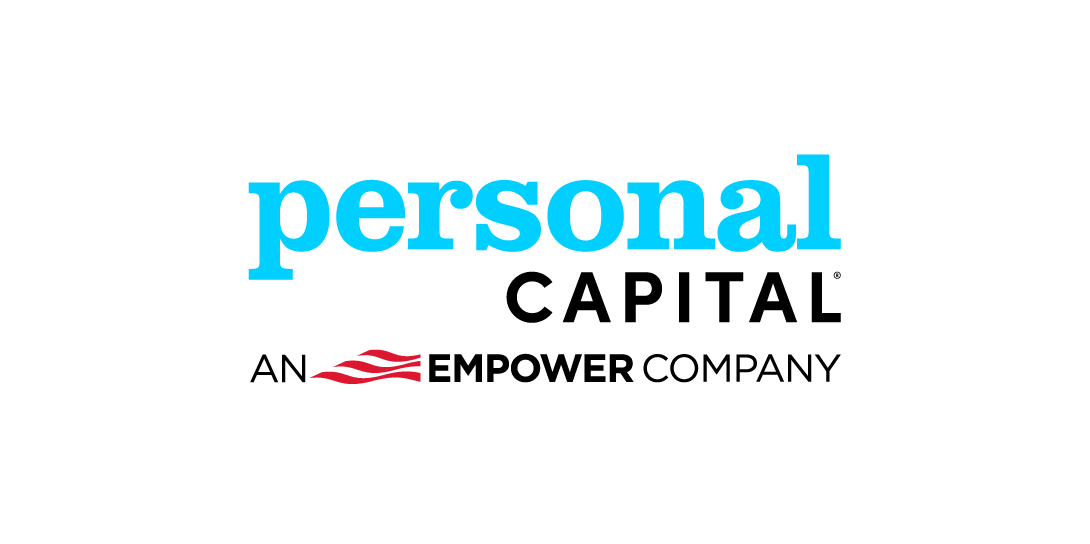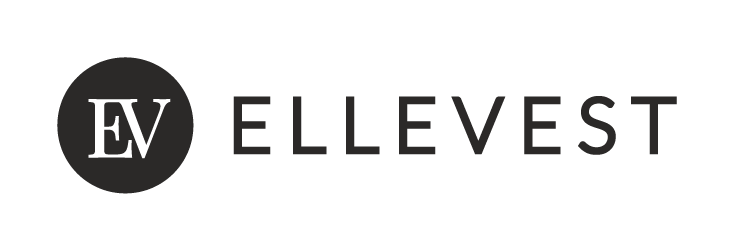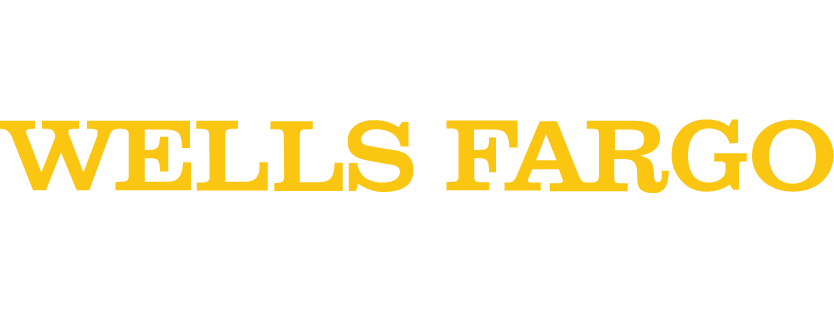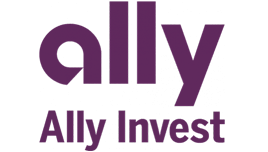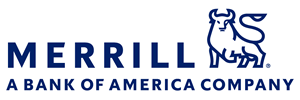Titan review
The Bankrate promise
At Bankrate we strive to help you make smarter financial decisions. While we adhere to strict , this post may contain references to products from our partners. Here's an explanation for .
Titan Invest: Best for
- Sophisticated portfolio management
- Actively managed portfolio
- Low-cost passively managed portfolio
It’s worth comparing Titan against leaders such as Wealthfront and Betterment, both of which charge a management fee but offer a wider range of features and tools. If your key objective is cost, then you may want to check out Schwab Intelligent Portfolios and SoFi Automated Investing to see how they stack up against Titan’s passive portfolios.
We want to know what you think about Titan
Do you have experience with Titan? Let us know your thoughts.
Titan Invest: In the details

Overview
Titan offers something unusual in the robo-advisor space: Titan combines its own actively managed investments with passively managed ETFs, something no other major robo-advisor does. It also hedges those portfolios, does not charge a management fee for the passive funds – a rarity among rivals – and has a low minimum, making it easy to get started.
Pros: Where Titan stands out
Portfolio management
What’s most likely to attract you to Titan is its portfolio management, how it invests your money, and that’s a sharp distinction from robo-advisors. Titan combines investments in passive funds – charging no advisory fee – with its own active investments, where it does charge an advisory fee. You can have Titan design your portfolio from both passive and active funds or you can pick just one.
On the passive side, Titan offers two key strategies:
- Automated stocks: This strategy uses 3-6 stock funds to give investors global exposure to equity investments, and is rebalanced quarterly.
- Automated bonds: This strategy uses about 5 bond funds to provide global exposure to fixed-income investments, and is rebalanced quarterly.
While you won’t pay any management fees to Titan for managing these funds, you will pay the funds’ expense ratios, as you would at any robo-advisor. The expense ratios on a portfolio here range from 0.039 percent (stocks) to 0.12 percent (bonds), or $3.90 to $12 annually for every $10,000 invested. Factor in all the costs with either of these passive strategies, and it’s tough to pay any less at a robo-advisor.
On the active investment side, Titan analyzes the stock market and tries to outperform key index benchmarks such as the S&P 500. While other robo-advisors buy a selection of ETFs that provides broad diversification, Titan uses its investment team and own analysis to invest in the actual stocks rather than funds for this strategy.
Titan has three main strategies, each with its own fund:
- The Flagship fund: This fund invests in large U.S. growth companies, those valued at more than $10 billion. After analyzing this subset of stocks, it picks the 15-20 of them that it thinks offer the best risk-adjusted returns, and that can outperform the S&P 500 over time.
- The Opportunities fund: This fund invests in small and mid-size U.S. companies, those valued at less than $10 billion. After analyzing this group, the team picks the 15-25 positions that it thinks offer the best risk-adjusted returns and can outperform the Russell 2000 Index over the long term.
- The Offshore fund: This fund invests in companies across developed and emerging markets. After sifting through and analyzing non-U.S.-based companies, the team selects the top 15-25 positions that it thinks offer the best risk-adjusted returns and can outperform the MSCI ACWI ex. USA Index.
Regardless of which active strategy you go with, Titan will hedge your position (more below).
Besides these core strategies, Titan also offers access to third-party funds, including those focused on credit and real estate. Titan has also been running a highly concentrated crypto strategy since August 2021.
Titan offers a few other perks that may minimize some of the downsides of a traditional hedge fund:
- You’ll have your own separately managed account, meaning it’s entirely yours.
- Your money will be instantly deposited into your Titan account, meaning it’s ready to be invested when you are.
- You won’t have a lock-up on your money, meaning you can withdraw it when you need it.
- You have access to Titan’s portfolio managers.
This sophisticated portfolio management makes Titan stand out from the rest of the crowd.
Hedged investments
Titan uses hedges when it builds portfolios, a strategy that helps you offset losses when the market falls. That is, the hedge makes you some money, helping to cushion your portfolio. To hedge its portfolios, Titan uses an inverse ETF, which rises as the market falls. This hedge costs investors an additional fee, but the ETF makes up a fraction of the portfolio’s value as a whole.
As a Titan investor, you can select whether you want to be more aggressive (less hedging), moderate (medium hedging) or more conservative (more hedging).
When Titan believes the market is not in a downturn:
- Aggressive portfolios are 0 percent hedged.
- Moderate portfolios are 5 percent hedged.
- Conservative portfolios are 10 percent hedged.
When Titan believes the market is in a downturn:
- Aggressive portfolios are 5 percent hedged.
- Moderate portfolios are 10 percent hedged.
- Conservative portfolios are 20 percent hedged.
It’s important to understand that the hedge creates a cost drag when the market is rising, but may pay off when the market turns down, helping to offset losses elsewhere.
Titan Smart Cash account
Titan Smart Cash is a welcome addition to the features on offer at Titan, and its goal is to deliver the best after-tax return on cash balances, with the key word being “after-tax.” The headline rate you see on other robo-advisors’ cash accounts may be higher, but what you put in your pocket after taxes is what really matters. And that’s what Titan is after.
For example, if you receive interest at a typical robo-advisor, it’s simple bank interest, and that’s taxed at ordinary income rates for federal taxes. Then tack on state taxes and maybe even city taxes. Instead, Titan looks for other products such as money-market funds holding U.S. Treasurys that can offer better after-tax returns since they’re free of state and local taxes. Titan factors in your personal financial situation when doing so, including your state of residence, income and tax filing status (individual, married filing jointly, etc). The account uses only highly liquid investments with insured investments, namely, Treasury securities backed by the U.S. Government.
Titan does not charge any incremental fees to manage this account, and cash assets are protected up to $500,000 by the SIPC. You can liquidate part or all of the account at any time, for example, if you want to invest the cash instead.
Fractional shares
Titan allows fractional shares, meaning that you’ll be able to put all your money to work immediately, regardless of how much you add to your account. Titan also reinvests any dividends in fractional shares, so cash payouts go back into your positions. Dividends are not reinvested immediately but are plowed back into the portfolio approximately on a quarterly basis. Titan hopes to offer immediate automatic dividend reinvestment in the future.
The ability to buy fractional shares is a popular feature among newer investors – and not all robo-advisors offer it.
Low account minimums
You can get started for a modest $500 in the firm’s Flagship, Opportunities or Offshore funds or passive strategies with either an individual or IRA account.
So you can start with a low minimum in the Flagship fund and then build your account if you want to participate in the other funds.
Cons: Where Titan could improve
Management fees and performance
Titan’s management fee is straightforward. It does not charge a fee for any of its passive strategies, meaning you can get a portfolio with zero ongoing management fee, making Titan a low-cost leader, along with SoFi Automated Investing and Schwab Intelligent Portfolios. However, Titan does charge a sliding fee for its active strategies, depending on your total balance – both passive and active – with the company:
- 0.9 percent annually for accounts with $500-$24,999
- 0.8 percent annually for accounts with $25,000-$99,999
- 0.7 percent annually for accounts with $100,000+
So your total fee is a weighted average of your investments. For example, if you had $20,000 invested in passive strategies and another $30,000 invested in Titan’s proprietary strategies, you would pay 0.8 percent on the $30,000 investment and 0 percent on the $20,000. That comes to a grand total of $240 for the year, or an average of 0.48 percent.
Of course, you’ll need to add in the fees for ETFs in the passive strategies, but that fee goes to the fund companies, not Titan. Those fees range from about 0.04 percent to 0.12 percent. In other words, those funds will cost about $4 to $12 annually for every $10,000 invested. That’s about as cheap as you’re going to find funds anywhere, and it’s a reasonable price to pay.
Should Titan be marked down for a management fee (0.7 - 0.9 percent) on its active strategies that’s quite a bit higher than the average robo-advisor? Or should it be marked up because clients are getting a hedge-fund experience at much less than the traditional “2-and-20” fee structure (2 percent of assets and 20 percent of returns) of a hedge fund?
The answer to that depends on what Titan can deliver. On that basis, Titan may be worth it, but the results thus far are unimpressive.
- As of July 2023, total returns for Titan’s Flagship fund lagged the S&P 500, 63.2 percent to 68.9 percent, since inception in February 2018.
- The Offshore fund lagged its benchmark, -31.4 percent to -10.0 percent, since its inception in April 2021.
- Only the Opportunities fund was beating its benchmark, 21.6 percent to 14.3 percent, since its inception in August 2020.
Unfortunately, more recent results from these funds are not as easy to find as before. So as the old investing saying goes: fees are certain, but returns are not.
In contrast, you can quickly check the performance of the low-cost ETFs held in the passively managed portfolios on various financial websites.
Account types
Titan has just a handful of account types: individual taxable accounts as well as traditional IRAs, Roth IRAs and rollover IRAs. That’s slim pickings. Yes, you get a typical range of retirement accounts, but you won’t get other popular types such as joint accounts or SEP IRAs.
This limited selection might be a dealbreaker for you if you need a specific account.
Cash management account
Titan’s Smart Cash account is a useful place for clients to hold their money, but don’t mistake it for a practical cash management account. In this respect, Titan is unlike major robo-advisors such as Betterment and Wealthfront, both of which offer a solid cash management account with a variety of checking-like features, such as early direct deposit, no monthly fees and fee-free ATMs.
Again, that shouldn’t be a deal-breaker for many customers, especially if they see Titan as yet another financial partner, but those looking to consolidate their financial life with fewer firms may find it suboptimal. However, Titan does pay interest on cash balances, so that sweetens things.









